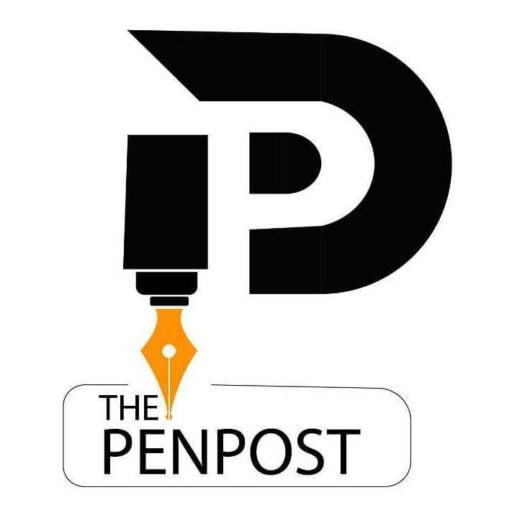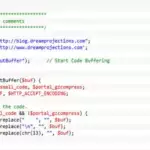Programming Languages, There are numerous programming languages available, each with its strengths and weaknesses. That’s why we’ve put together a list of the top 20 best programming languages to learn.
Python is one of the most popular programming languages worldwide and for good reason. It has a clean and easy-to-learn syntax that makes it an excellent choice for beginners.
JavaScript is the programming language of the web.
C++ is a high-performance programming language often used to develop operating systems, game engines, and other performance-critical applications. It’s also an object-oriented language, which makes it easier to write reusable code. C++ has a steep learning curve, but once you master it, you’ll be able to build powerful applications.
Ruby
Ruby is a dynamic, object-oriented programming language that’s popular for web development. It has a clean and elegant syntax that makes it easy to read and write.
PHP
It’s easy to learn and has a large community of developers behind it.
Go
Go is a modern, high-performance programming language developed by Google. It has a simple and concise syntax that makes it easy to read and write code.
Rust
Rust has a modern syntax that’s easy to learn, and it also has built-in memory safety features that help prevent common programming errors.
Kotlin
Kotlin is a modern programming language developed by JetBrains. It has a concise and expressive syntax that makes it easy to read and write code.
TypeScript
TypeScript is a superset of JavaScript that adds static typing and other features to the language. It has a syntax that’s similar to JavaScript, so it’s easy to transition from JavaScript to TypeScript. Additionally, It helps catch errors earlier in the development process, making it easier to write maintainable and scalable code.
Scala
Scala is a programming language that combines object-oriented and functional programming paradigms.
C#
C# is a modern, object-oriented language that’s easy to learn and has a clean syntax.
R
It has a large and active community of users, and there are many libraries and tools available for working with data.
Lua
Lua is a lightweight programming language often used for game development and embedded systems. It’s easy to learn and has a simple syntax that makes it easy to read and write code.
Dart
It has a simple syntax that’s easy to learn, and it also has built-in support for asynchronous programming, making it easy to build responsive applications.
Julia
Julia is a high-level programming language designed for scientific computing and data analysis. It has a syntax that’s similar to MATLAB, making it easy for users to transition to the language.
SQL
It’s an essential skill for anyone working with data, as it allows users to retrieve and manipulate data in a database.
Perl
Perl has a simple syntax that’s easy to learn, and there are many libraries and tools available for working with the language.
C
C has a simple syntax that’s easy to learn, and it’s an essential skill for anyone working in systems programming.
Conclusion
The programming languages on this list are some of the most popular and versatile languages available, and each has its strengths and weaknesses. By learning one or more of these languages, you’ll be well on your way to becoming a skilled and versatile programmer.
Programming Languages FAQ’s
Some of the best programming languages for beginners include Python, JavaScript, Ruby, and Scratch. These languages are easy to learn and have a wide range of applications.
Currently, the most popular programming language is JavaScript, followed closely by Python and Java.
For web development, the most popular programming languages include JavaScript, HTML, CSS, PHP, and Ruby on Rails.
For data analysis, some of the most popular programming languages include Python, R, and SQL.
For game development, popular programming languages include C++, C#, and Java.
The amount of time it takes to learn a programming language varies depending on the individual and the language itself.
Learning a programming language can provide numerous benefits, including increased career opportunities, the ability to automate tasks and processes, improved problem-solving skills, and the ability to build software and applications.
There are many resources available for learning programming languages, including online courses, tutorials, textbooks, and programming communities. What are the best programming languages for beginners?
What is the most popular programming language?
What programming language should I learn for web development?
What programming language should I learn for data analysis?
What programming language should I learn for game development?
How long does it take to learn a programming language?
What are the benefits of learning a programming language?
How can I learn a programming language?
Connect Us: To know more about Technology Information.





